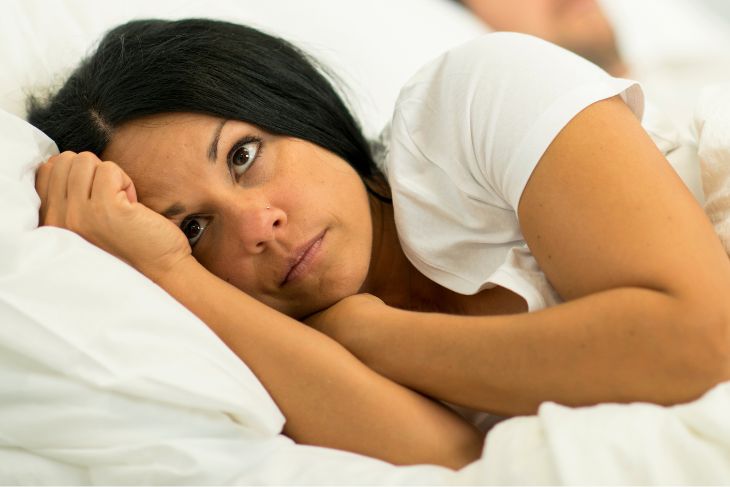Can poor sleep make me sick?

We don’t know why we sleep but we do know we need sleep to survive and thrive. That's why sleep matters when talking about health.
Sleep impacts your immune system, as it is a time when your body gets the chance to recover and reduce the levels of inflammation in your body.
The science of sleep and immunity is complex, but here is what we know so far about sleep, inflammation and immunity.
Check out our guide to how diet, exercise and lifestyle changes can improve your immune system.
Inflammation
Inflammation is a normal part of the immune system and a process which helps to heal your body when necessary. If you stub your toe and it goes red, that's inflammation. Inflammation also occurs deeper inside your body, in cells and tissue. If an unknown pathogen enters the body, inflammation can help get rid of it.
So inflammation in itself isn't bad but it becomes problematic if it is chronic, i.e. lasts for more than a few days. This means your immune system is always on high alert and never gets a chance to relax. There are several ways you can lower inflammation in the body such as with moderate exercise, by eating a healthy diet rich in antioxidants and by getting adequate good quality sleep.
Sleep and immunity
The average adult needs between seven and nine hours of sleep every night. Our need for sleep is regulated by our circadian rhythms which release sleep hormones that make you tired when it's time to sleep.
If we interrupt these rhythms too often, our health suffers. In fact, a single night of no or poor sleep can increase inflammation in the body. Although twisting and turning in the sheets for a single night isn't that much of a problem, it can become a health risk if you frequently don’t get enough sleep.
The immune system is regulated by the same circadian rhythms and when these are interrupted our immune response also suffers.
The best way to keep your circadian rhythms in check is to maintain a regular sleep routine: go to bed at the same time every night and get up at the same time every morning — and don't deviate too much from this routine on the weekends.
Can poor sleep make you sick?
While you are sleeping the body restores the immune system and lowers inflammation. If you don't get enough sleep, the number of infection-fighting cells and antibodies in your body may be reduced which reduces your body's ability to fight infection.
A lack of sleep can not only make you more prone to an infection, but also make it harder to recover from an infection.
Long-term lack of sleep is also connected to other health conditions, like obesity, type 2 diabetes and cardiovascular disease.
Simple tips to sleep better
- Maintain a regular sleep routine. Try to go to bed at the same time each night and wake up at the same time each morning to help keep your circadian rhythms in check.
- Avoid caffeine after noon. Some people are more sensitive to caffeine than others, but in general it takes the body a few hours to metabolise caffeine. So, if you struggle with poor sleep, take a look at your caffeine habits.
- Limit alcohol intake and tobacco use. A glass of wine may make you feel drowsy but alcohol affect the quality of your sleep. Tobacco use is also linked to less restful sleep.
Looking for weight loss motivation, dinner inspiration or exercise ideas? Check out the CSIRO Total Wellbeing Diet blog or read our incredible success stories.
